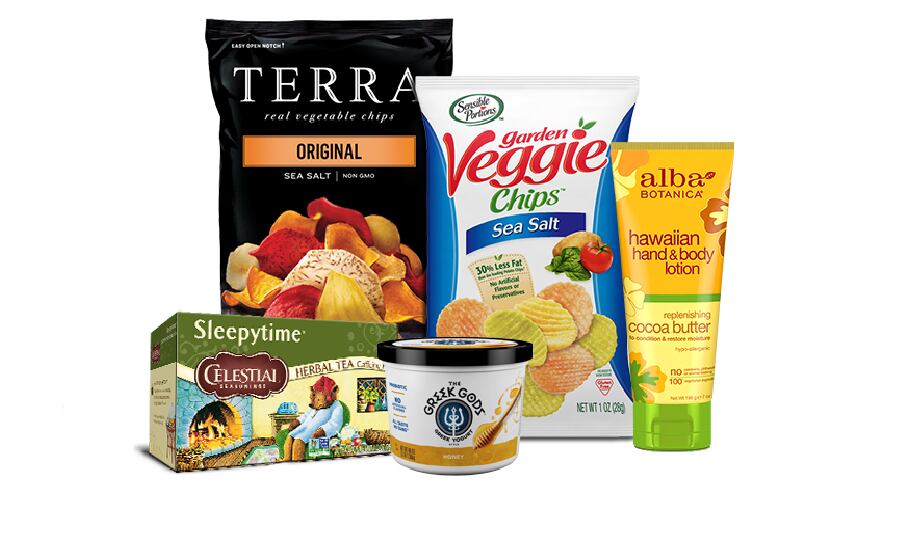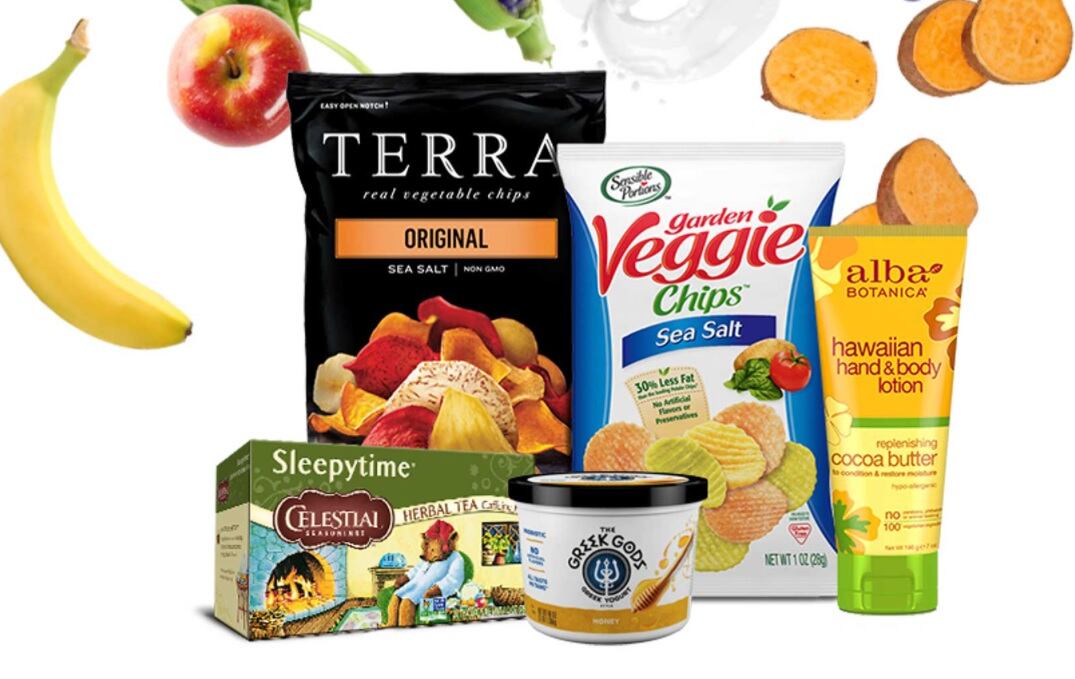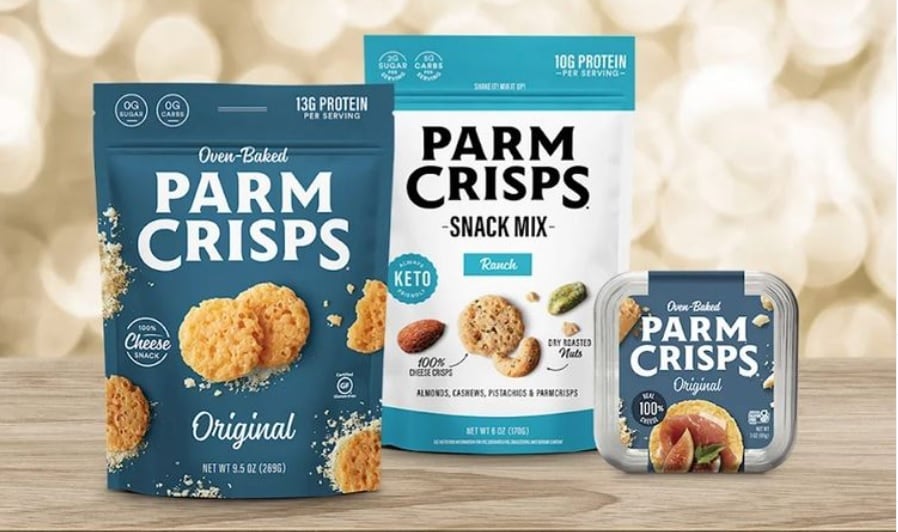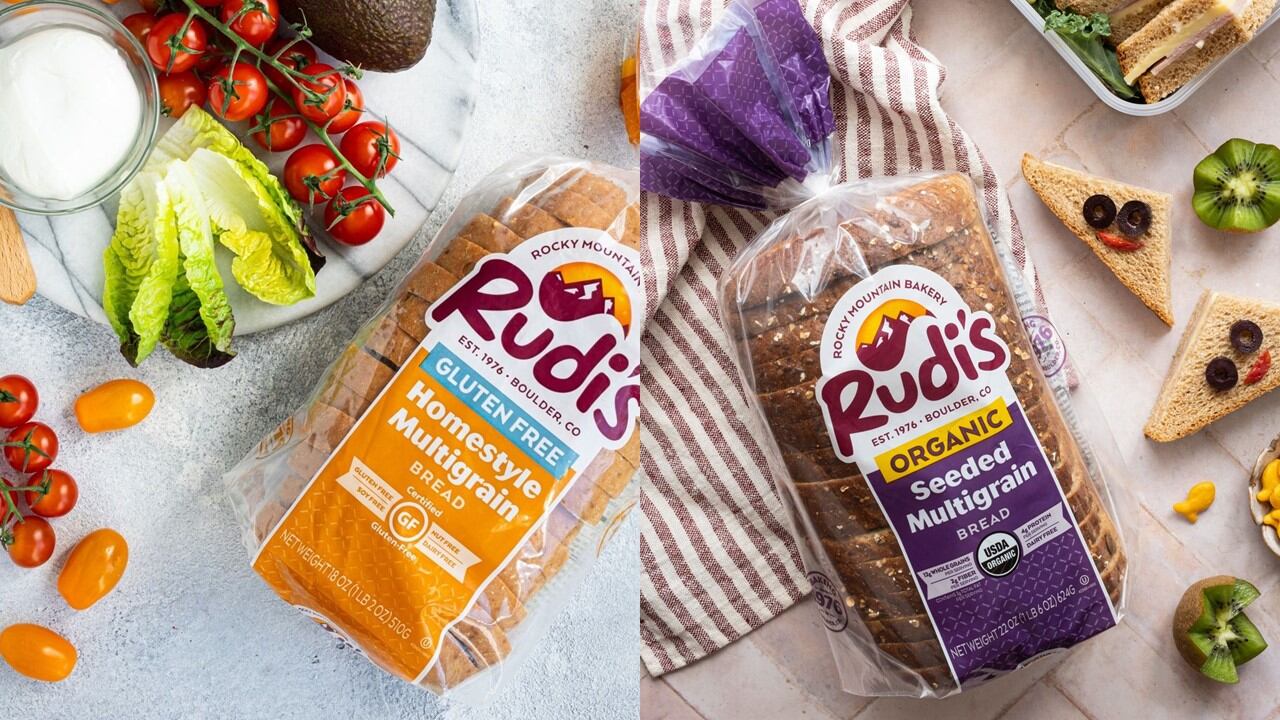Total net sales for the company increased 2.1% to $502.9m in Q3 2022 compared to the prior year. In North America, net sales for the quarter were up 13% to $325.7m.
Speaking on the company’s Q3 2022 earnings call Schiller said, “Q3 was a very challenging quarter as additional unexpected inflation, supply disruptions, ingredient and package shortages and eroding European consumer confidence, primarily caused by the Russia Ukraine conflict had a significant impact on our business and financial performance.”
For the company’s international business, Q3 net sales were down 14% driven by mid-single-digit declines in the UK grocery store channel including an $8m loss in sales from a major non-dairy beverage customer and the impact of shipment halts during price increase negotiations with certain UK retail customers.
'Consumption of sales in North America are exceptionally strong'
However, earnings results from its North American business were significantly more positive boosting the company's overall confidence in its longer-term performance.
Schiller continued: “While these disruptions led to softer than anticipated results in the quarter, strong consumption and market share gains leave us confident in the underlying business health and long-term trajectory. Let me explain why we feel this way. First, consumption of sales in North America are exceptionally strong, and we expect that momentum to continue into Q4… …we do know that this quarter was the highest net sales growth quarter in North America in the last seven years.”
Schiller noted that in addition to double-digit net sales growth, Hain Celestial saw top line consumption in the US increase by 11% in Q3 outperforming the industry average of less than 5% for branded food consumption.
While the company saw growth across its six target categories of focus, its snacks and baby food segments were the biggest growth drivers for the quarter.
In early 2022, Hain Celestial acquired snack producer That’s How We Roll, maker of ParmCrisps and Thinsters, to bolster its snacking portfolio and position in the high-growth snacks category. So far, the integration of the business is “going very well” with sales up 20% for the quarter, reported Schiller.
“Our snacks portfolio share grew 1.3 points with consumption up over 25% on a one-year basis and almost 40% versus pre-pandemic levels. Household penetration was up 17% versus last year and 40% compared to pre-pandemic levels,” noted Schiller.
Sensible Portions, the company’s largest snack brand, has grown household penetration by 23% vs. a year ago and +70% since 2020, while its Earth’s Best baby and toddler food brand also grew by double digits in household penetration, up 17% vs. the same quarter last year.
Price increases, cost-cutting, restructuring plans on the horizon
While Schiller painted a positive picture of its performance in North America, Hain Celestial is still looking for solutions to generate strong business moving forward starting with cost-cutting, price increases, and restructuring plans.
“Since we don't know when the inflationary pressures we are all facing will ameliorate, we do expect it to continue and are taking actions to reduce our ongoing cost basis while passing on significant additional pricing,” he said.
In Europe, where it has faced the most headwinds including loss of sales from retailers in the region refusing to accept price increases of various product and loss of business from a major customer cancelling its order of plant-based beverage products, Schiller said it will be taking actions to “rightsize” its business.
“Short-term, we have to navigate the consumer angst the Russian Ukraine conflict and some of the lost plant-based co-man volume, but we remain confident that our brands are strong and our future is bright,” he said.
Restructuring
In terms of reorganization and restructuring plans, Schiller commented that it will be assessing how it can continue to reallocate resources and reduce costs across the company.
“As we look forward, and deal with short-term cost pressures and long-term growth opportunities, we're embarking on a restructuring to set us up for the future. Part of that restructuring we're reassessing our org design and resource allocation with the goal of accelerating growth, increasing efficiency, and effectiveness and reducing costs,” he said.
In addition to another wave of price increases and adding resources to support its supply chain and minimize disruptions, Schiller said it would be to streamline its positions within the organization.
For instance, said Schiller, the company has eliminated its Chief Commercial Officer role and elevated other sales leaders to report directly to him and will be eliminating redundant positions from the integration of the That’s How we Roll brand into Hain.
“I will provide more detail about the complete restructuring on the next call. We're confident these changes will make us leaner and more agile to address the short and medium-term inflation we are seeing,” said Schiller.
Bernstein: ‘North America is on a very good trajectory’
Analysts at Bernstein seemed to echo the company’s positive outlook on the North American market while agreeing that Europe will continue to be the most challenging market for the company but forecasted some positive signs of recovery in the region.
“Overall, it seems that North America is on a very good trajectory saleswise, and the real issues are obviously in Europe. That said, with much of the top line shortfall was caused by factors that should improve sequentially in Europe (replacing 50% of the $8m lost sales in plant-based beverages by year-end, loss of sales while price negotiations played out and easier comps on total grocery store sales growth),” noted Bernstein.
“The biggest question revealed today was the weakening of the European consumer base, which could take some time to recover as the Russia/Ukraine conflict continues. But then again, there seem to be tangible reasons why Europe should start to improve sequentially next quarter and meanwhile the North American business remains promisingly robust.”




